List of Accepted Papers
Spotlight Presentations
Poster Presentations
Call for Papers
Important Dates
-
Submissions OpenJuly 9, 2025
-
Submission DeadlineAugust 29, 2025 AoEUpcoming
-
Accept/Reject NotificationSeptember 22, 2025Upcoming
-
Camera Ready DeadlineOctober 30, 2025Upcoming
-
WorkshopDecember 6, 2025Upcoming
We invite submissions of short papers on novel research in neuroscience, biosignal analysis, and machine learning, with a focus on foundation models and representation learning for neural, physiological and behavioral data.
We broadly define biosignals as any temporal signal directly or indirectly generated by the brain or body. This includes neural recordings (e.g., EEG, MEG, multi-electrode arrays), physiological signals (e.g., heart rate, respiration), and behavioral signals (e.g., pose extracted from video, gaze). Submissions may focus on methods, applications, or theoretical insights that enhance our understanding of neural and physiological signals in humans and animals. We particularly encourage submissions aligned with foundation model research: models that demonstrate scalability, generalization across tasks, subjects, or modalities.
Relevant Topics Include, but are not limited to:
- Large-scale pretraining on neural or physiological signals
- Scaling laws for biosignal foundation models
- Brain-computer interfaces and neural decoding
- Self-supervised learning for biosignals
- Transfer learning across recording modalities
- Wearable technology and real-world deployment
- Cross-subject and cross-task generalization
- Multimodal integration of biosignals
- Modeling behavioral signals (e.g., pose, gaze)
- Robust models for noisy biosignal data
- Applications to health and clinical diagnosis
- Interpretability of biosignal representations
- Synthetic data generation and augmentation for biosignals
- Open datasets, benchmarks, and model evaluation
- Human-AI collaboration for signal interpretation and labeling
- Few-shot, zero-shot, and continual learning in biosignal contexts
Examples of Biosignals:
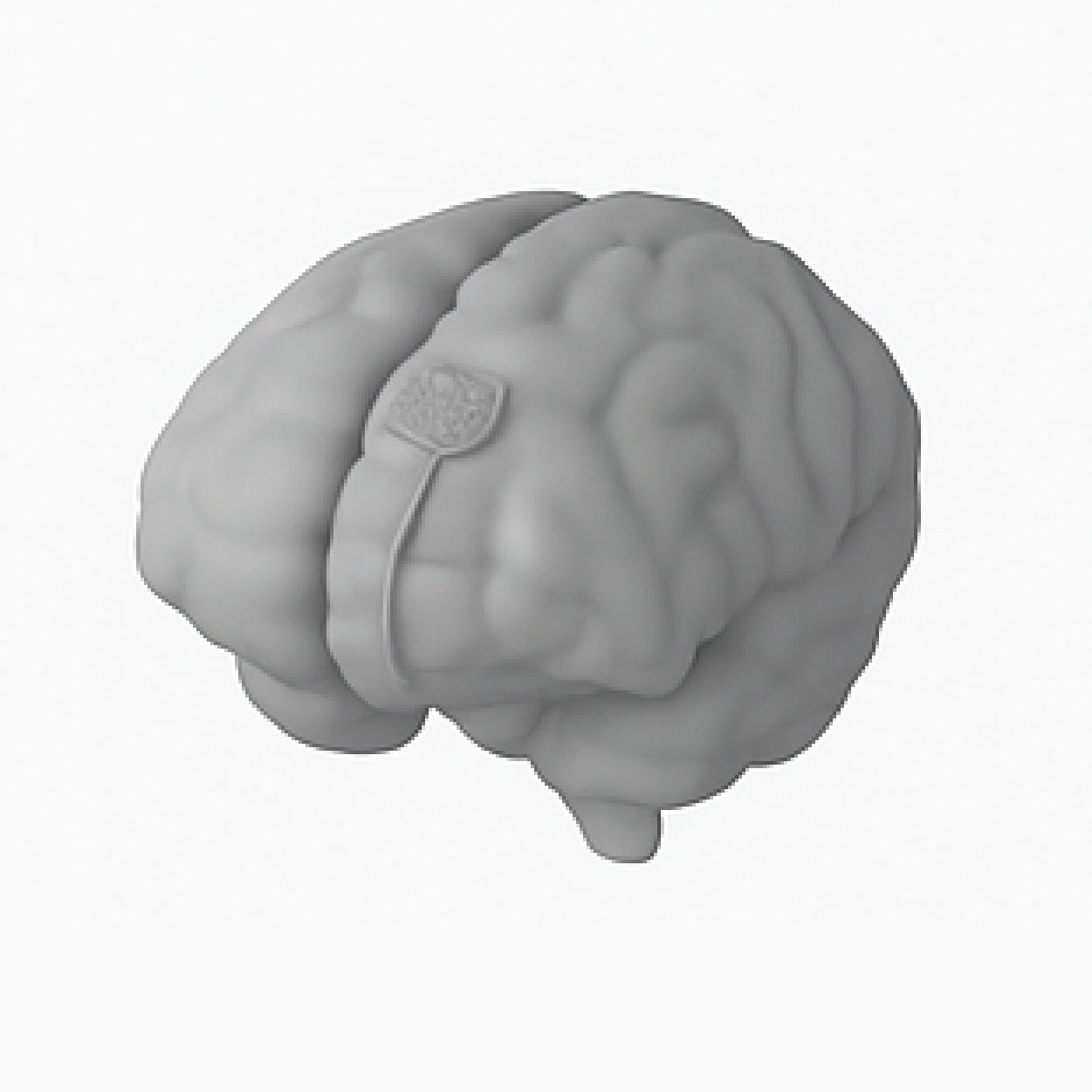
Microarrays
Spikes, LFP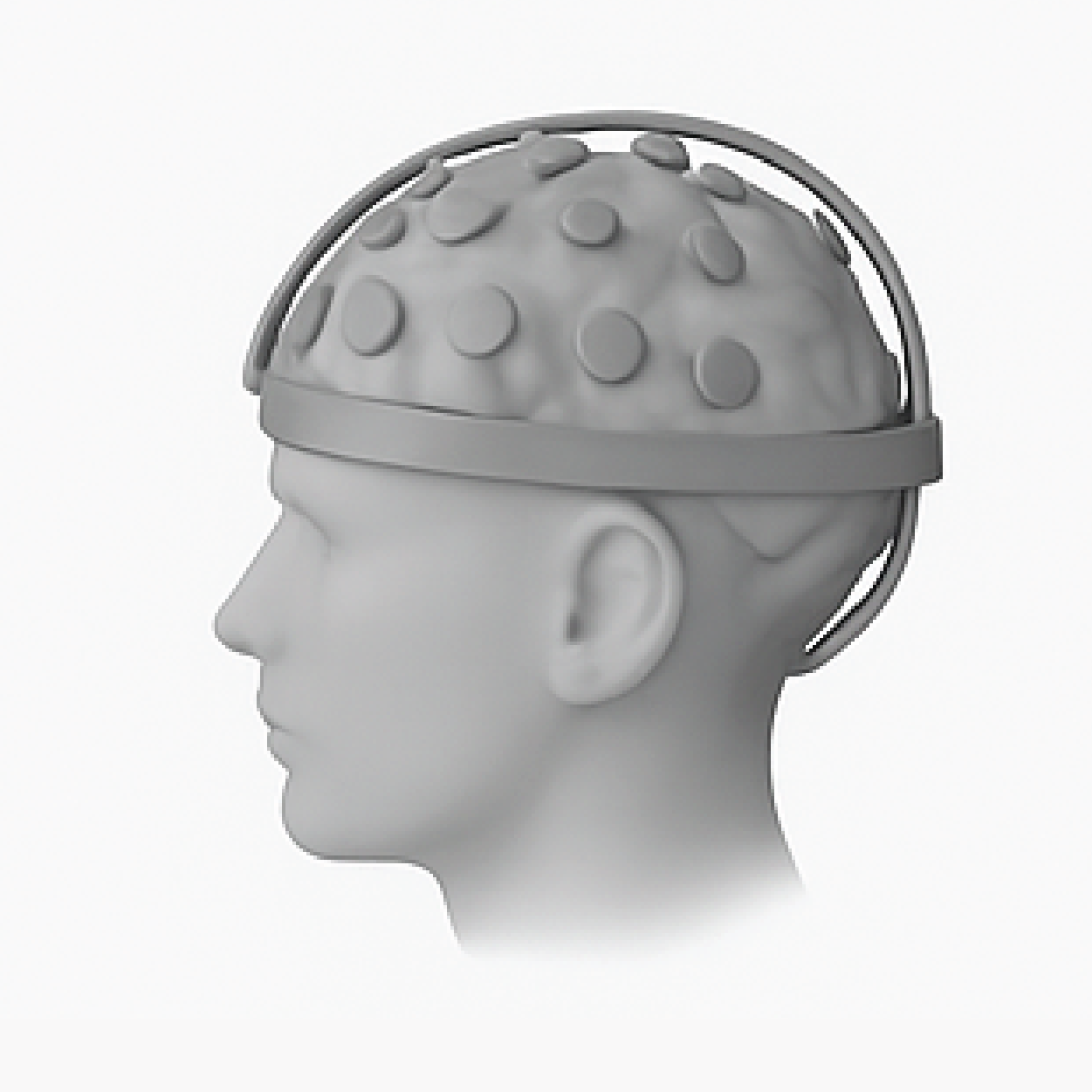
EEG
Electroencephalography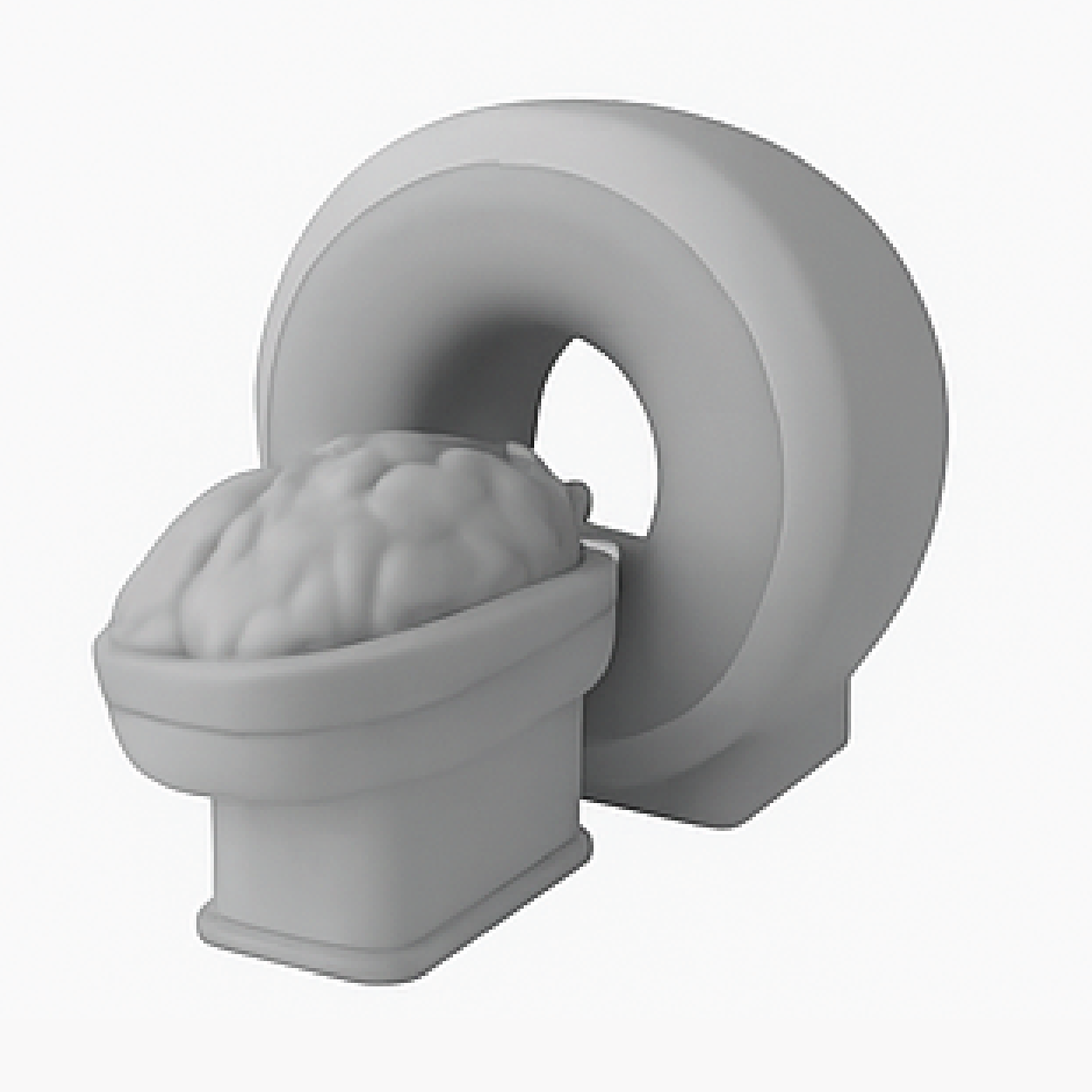
fMRI
Functional MRI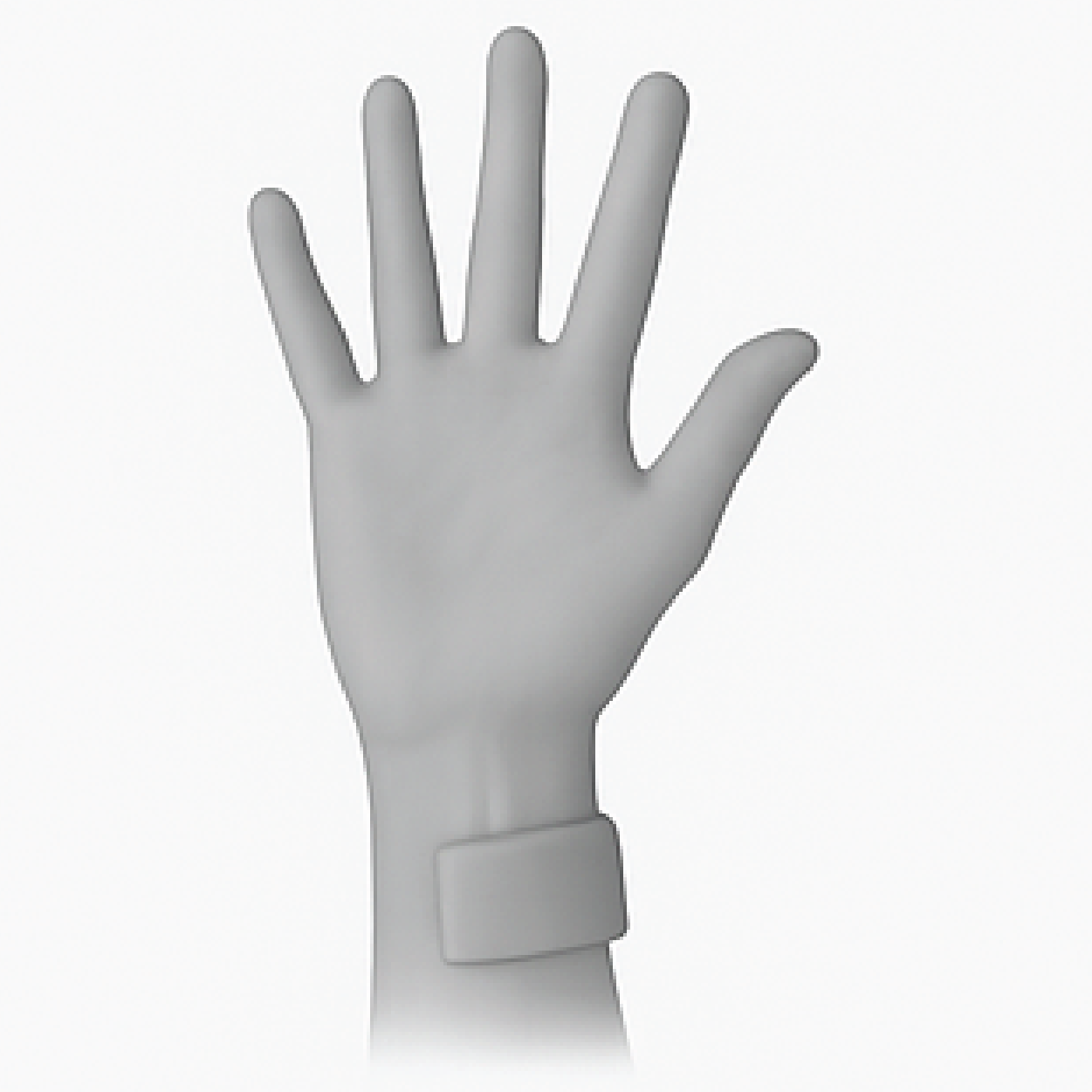
EMG
Electromyography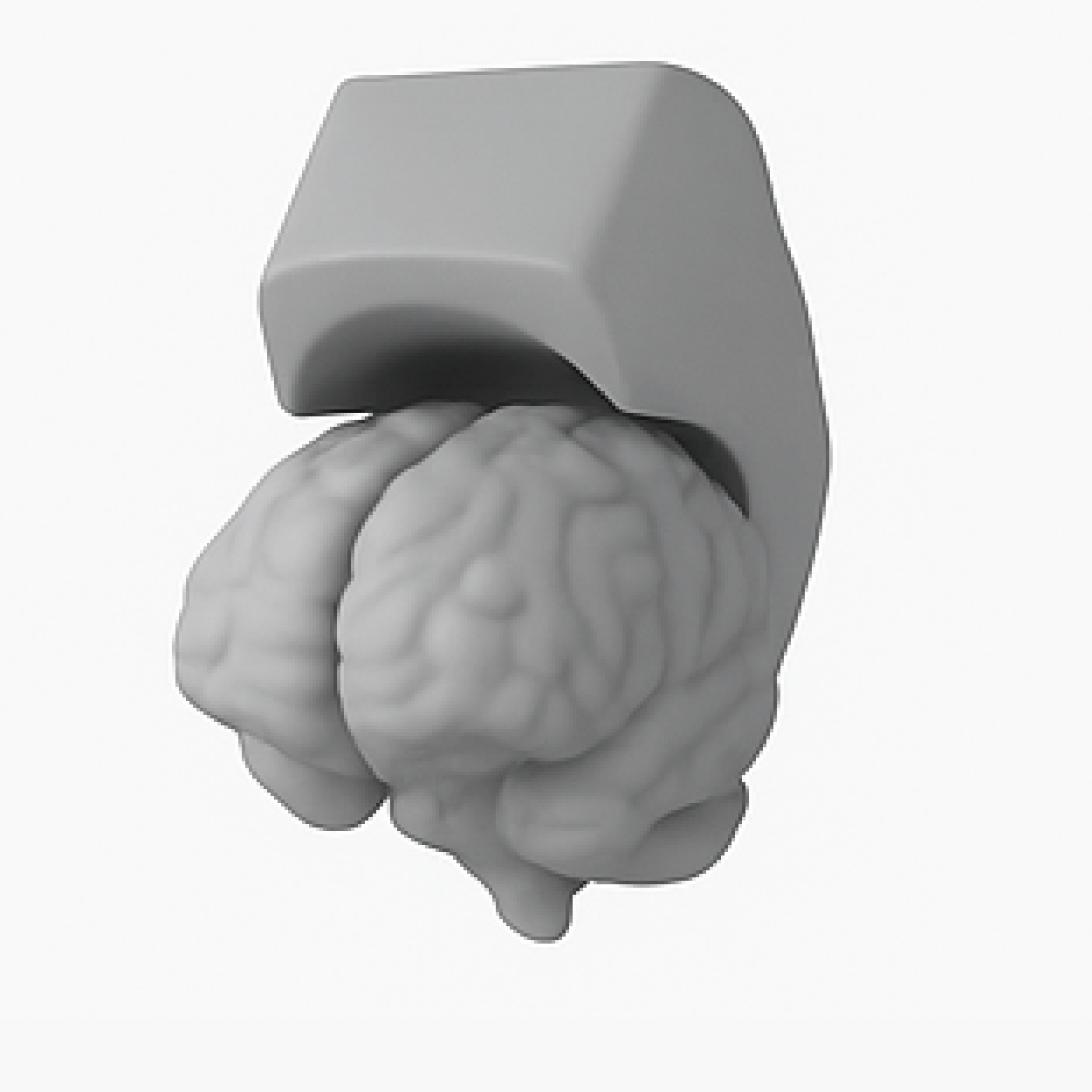
MEG
Magnetoencephalography
ECG
Electrocardiography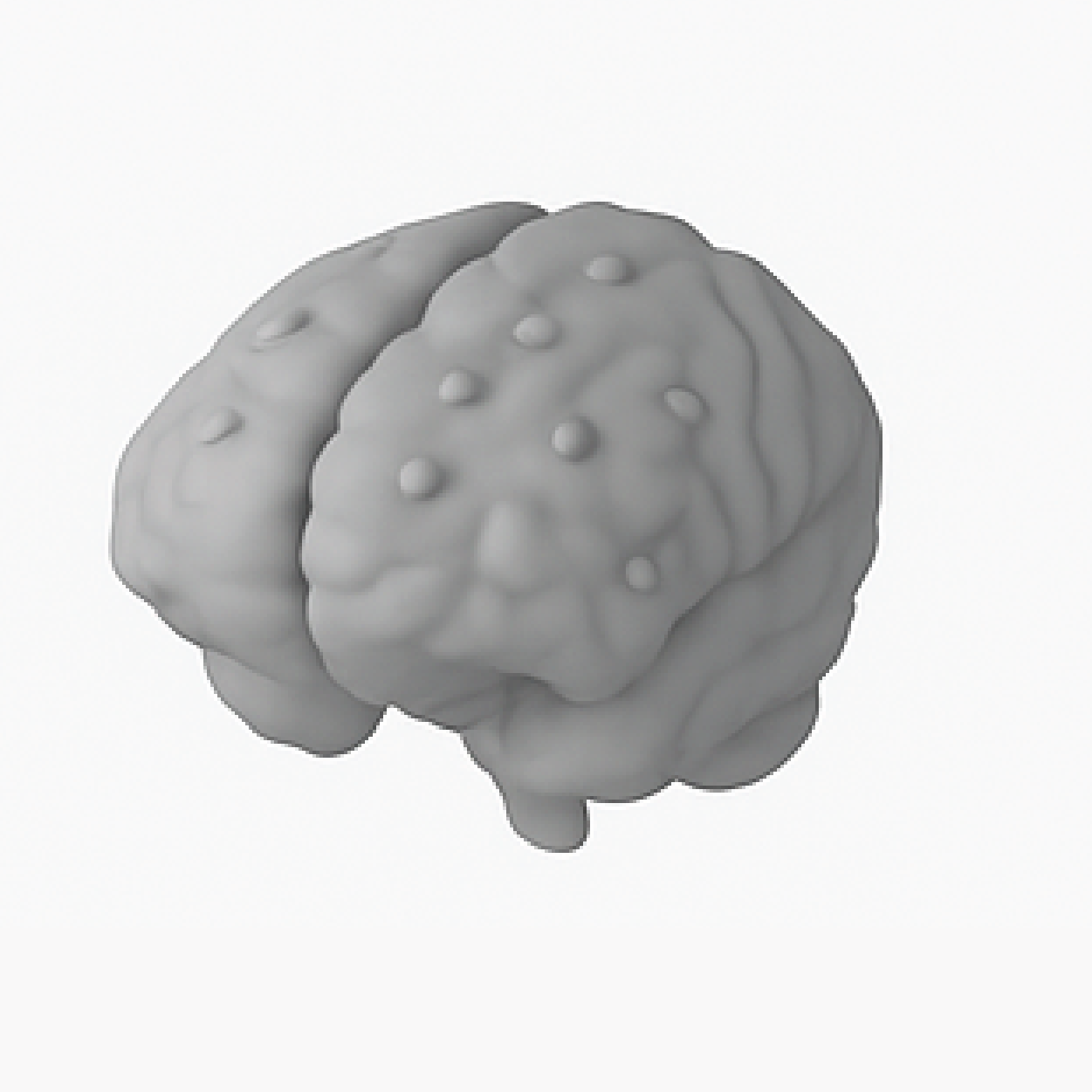
iEEG
Intracranial EEG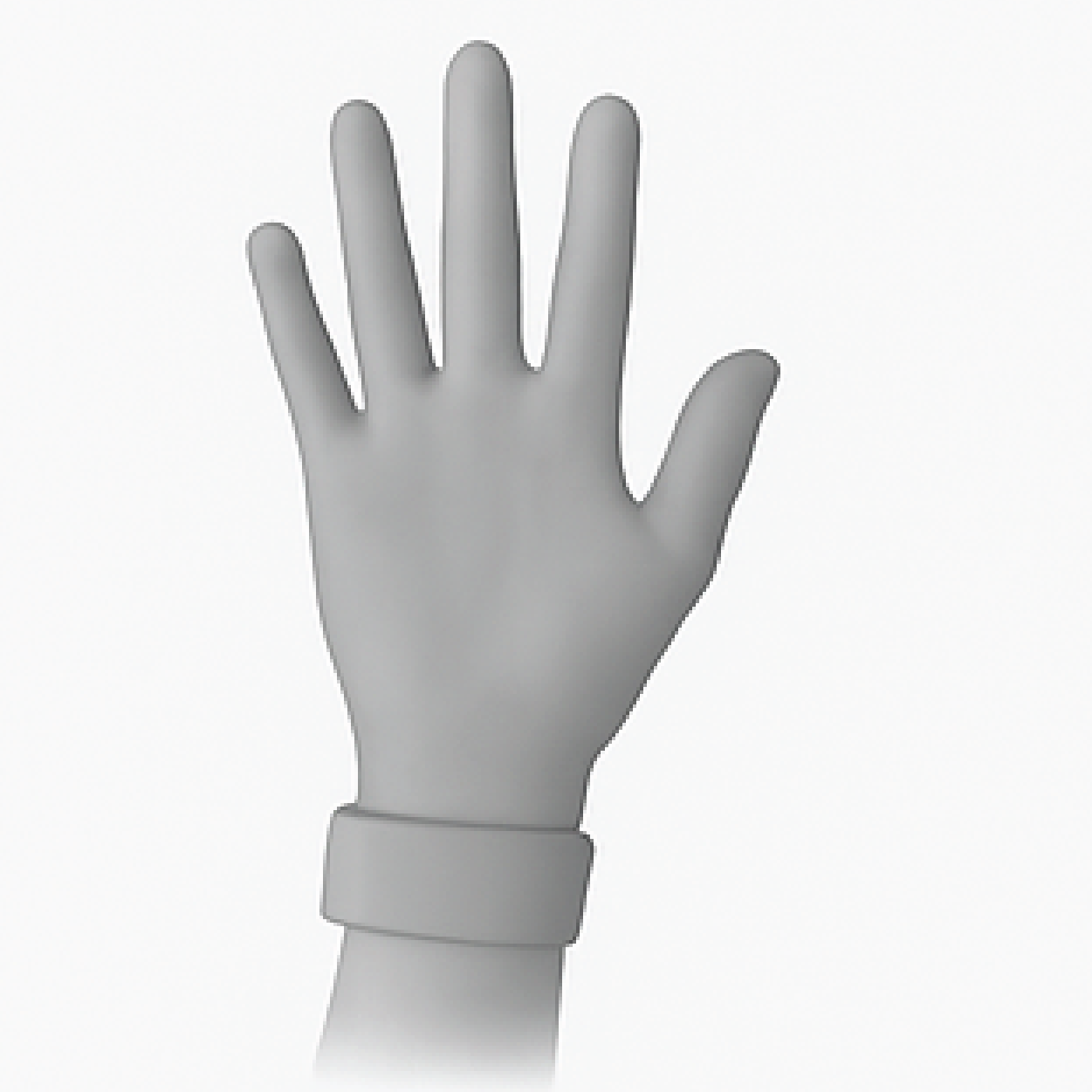
Wearables
Wearable sensors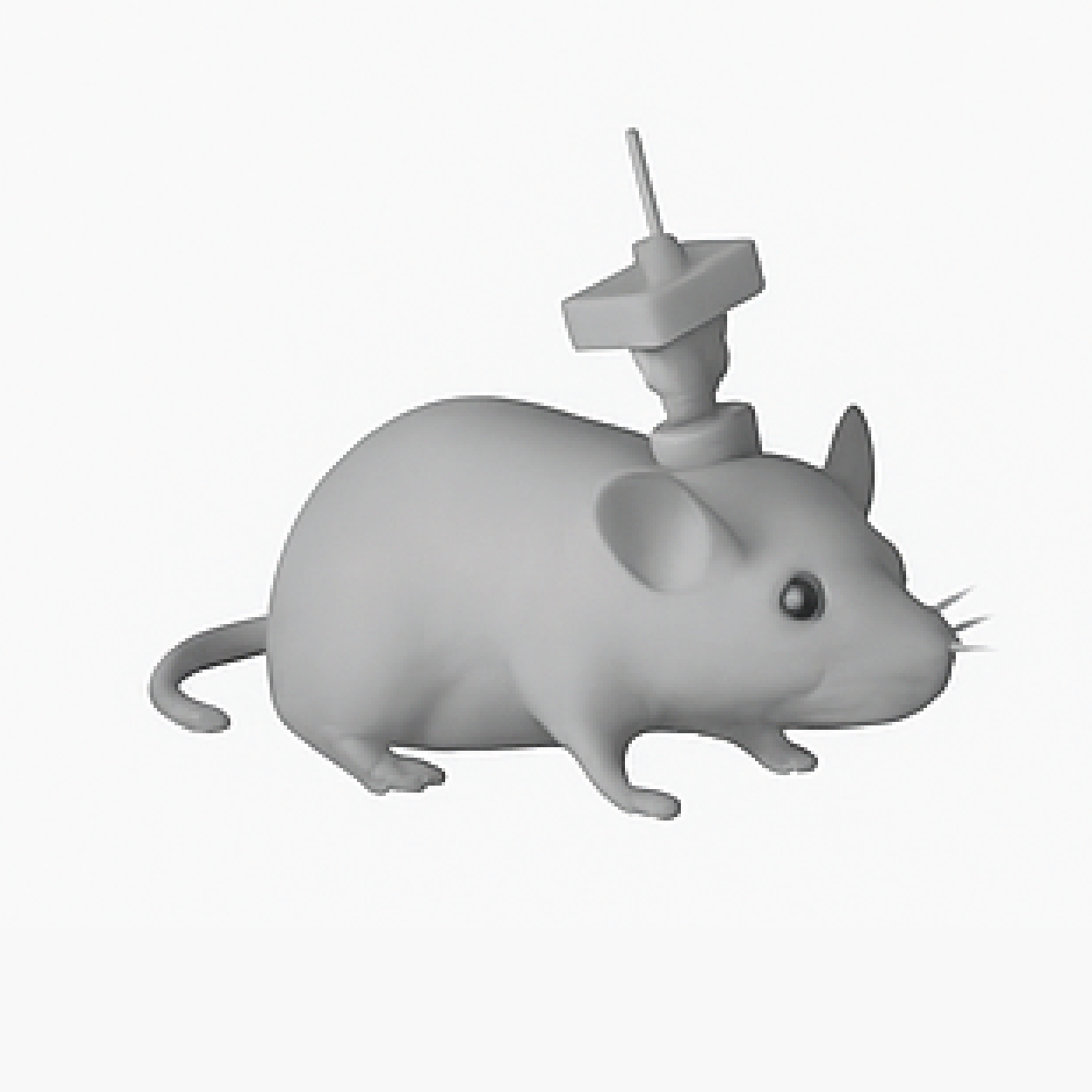
OPhys
Calcium imaging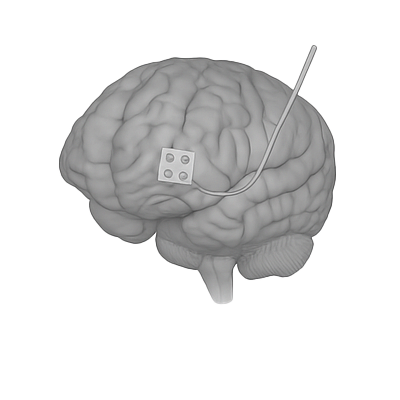
sEEG
Stereotactic EEG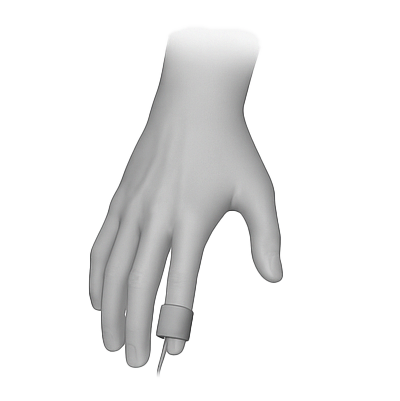
EDA
Electrodermal Activity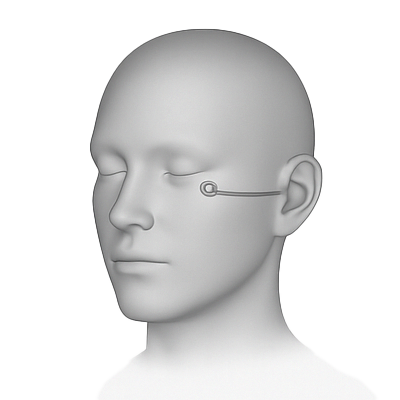
EOG
Electrooculography
PPG
Photoplethysmography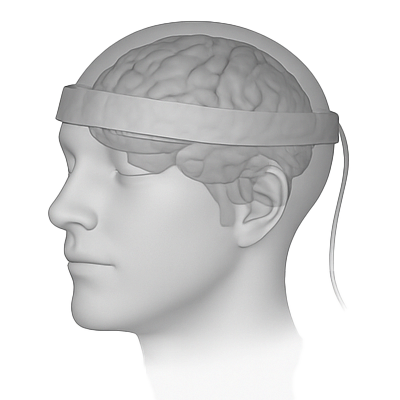
PSG
PolysomnographySubmission Guidelines
Format and Length: Submissions should be 5 pages maximum (excluding references and appendices) using the modified NeurIPS 2025 LaTeX style. Checklists are not required for workshop submissions. All submissions will be made through OpenReview.
Anonymization: All submissions must be fully anonymized and cannot contain any identifying information that would violate our double-blind reviewing policy.
Novelty Requirement: We strongly discourage submissions of previously published work.
Spotlight Presentations: 8 submissions will be selected for spotlight talks during the workshop.
Poster Session: All accepted papers will be presented during the poster session.
Non-archival Workshop: The workshop will be non-archival, thus allowing authors to submit their work to other venues. However, all accepted papers will be available on OpenReview and the workshop website.
Concurrent NeurIPS Submissions: If your submission is also under review at the NeurIPS 2025 main conference, you are welcome to submit it to the workshop. However, if the same paper is accepted to the main conference, please notify us promptly. In accordance with NeurIPS guidelines, such papers may be moved to a separate track. They may still be presented as posters at our workshop but will not be considered for spotlight presentations.
Questions: If you have any questions about the submission process, please send an email to brainbodyfm@googlegroups.com.
EEG Foundation Challenge 2025
The EEG Foundation Challenge 2025 is a NeurIPS 2025 competition which invites participants to develop EEG models that generalize across subjects and tasks using high-density EEG data from over 3,000 individuals.
The top entry in the challenge will be invited to give a contributed talk at our workshop.